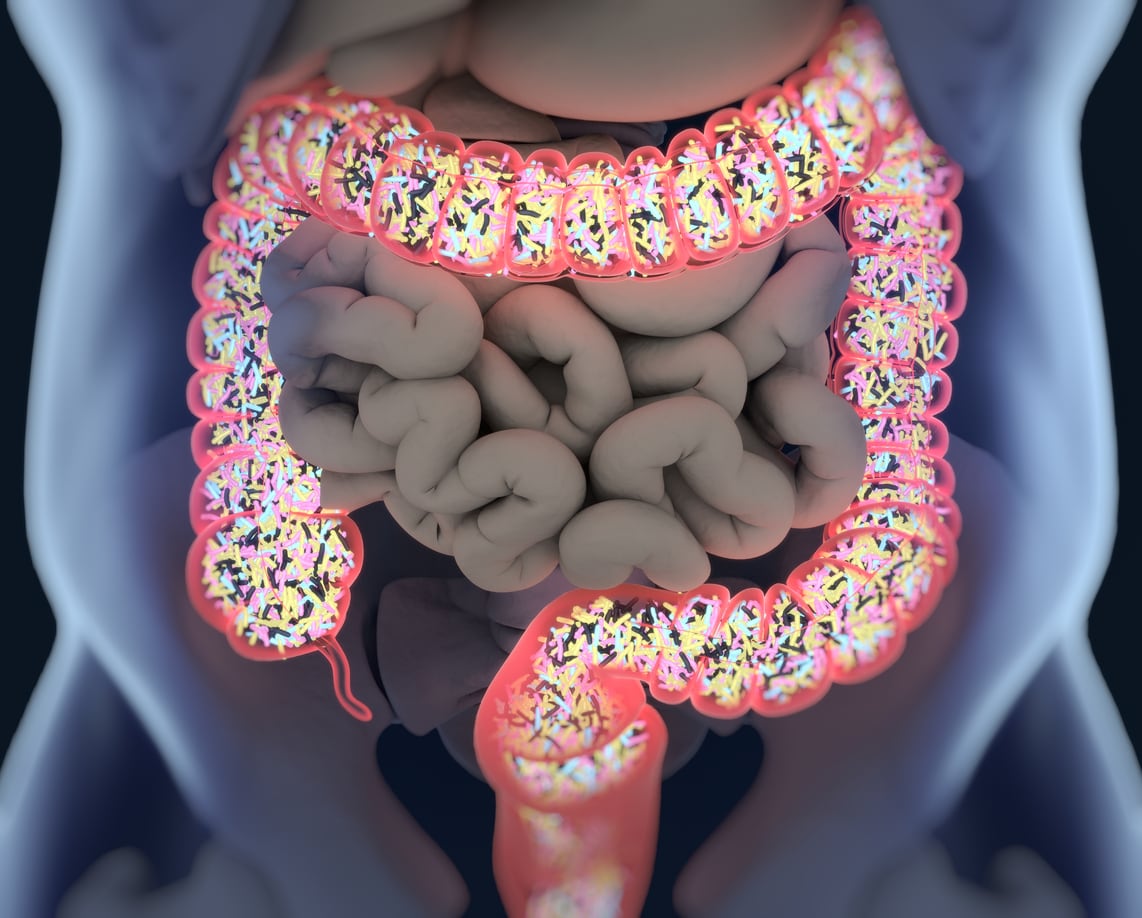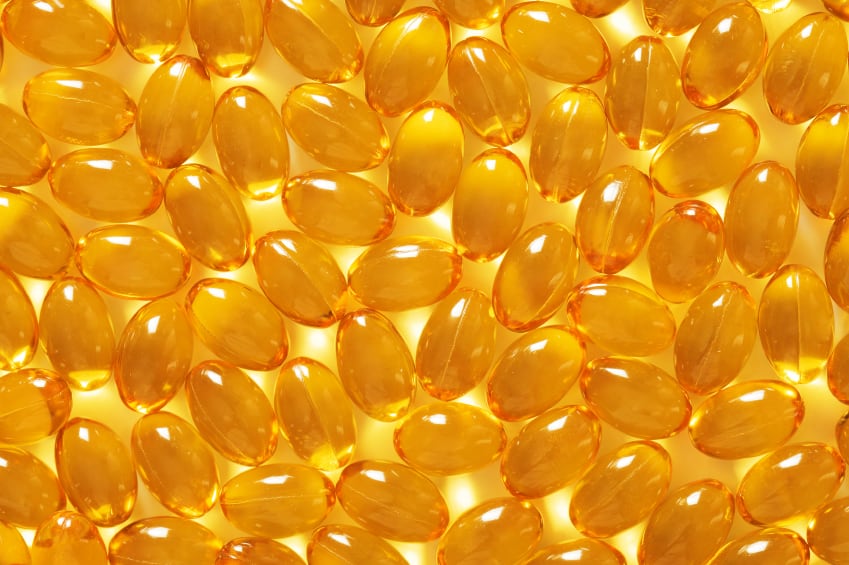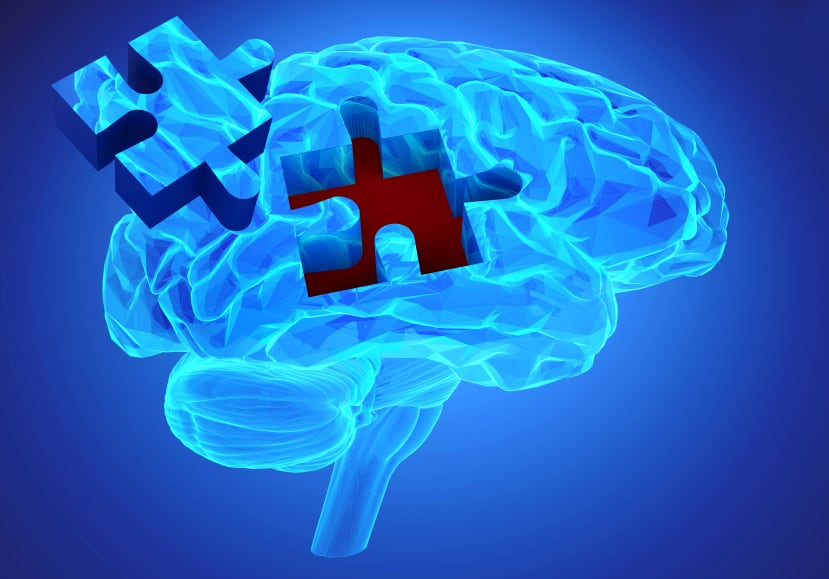Dr Alex Richardson, visiting senior research fellow from the University of Oxford and founder and director of UK food charity Food and Behaviour (FAB) Research is suggests the study - which failed to find any benefit from supplementation with omega-3, vitamin D, folic acid, and selenium - should not be taken out of context in the wider picture of evidence of benefit for some foods and nutrients.
According to Richardson, the study had “several serious limitations,” that included no record of participants’ nutritional status – either at selection stage, or during the 12-month course of the study.
“There is no way of knowing how many participants were actually lacking in specific micronutrients at the outset – and/or whether any nutrient deficiencies or imbalances were either corrected, or may have worsened during the supplementation period,” she noted.
She also pointed to the study’s use of treatment blinding arguing that a lack of maintenance undermined findings adding that the ‘double-blind’ nature of clinical trials were “key to eliminating potential bias from expectations.”
Richardson, did credit the researchers with recruiting over 1000 participants and following them up for 12 months, but also noted that despite this the study remained underpowered.
Study details
The MooDFOOD project, undertaken by researchers from the Netherlands, the UK, Germany and Spain, enrolled 1025 participants who were overweight or obese and were at risk for depression.
These subjects, aged between 18 and 75 years with a body mass index (BMI) between 25 and 40, were randomised either to take two pills per day for one year of either nutritional supplements or a pill placebo.
These multinutrients contained 1412 mg of eicosapentaenoic and docosahexaenoic omega-3 PUFAs; (ratio, 3:1), 30 micrograms (μg) of selenium, 400 μg of folic acid, and 20 μg of vitamin D3 coupled with 100 mg of calcium).
Half of these subjects also received a behavioural lifestyle intervention intended to change dietary behaviours and patterns.
In this 2 × 2 factorial randomised clinical trial, the researchers could find no significant difference in episodes of major depressive disorder over 1 year of follow-up.
One hundred and five participants (10%) developed an MDD episode during the 12-month follow-up: 25 participants (9.7%) receiving placebo alone, 26 (10.2%) receiving placebo with therapy, 32 (12.5%) receiving supplements alone, and 22 (8.6%) receiving supplements with therapy.
Considering the main effect of each intervention, the numbers of participants who developed MDD were 51 participants (9.9%; 1.1 per 100 person-months) receiving placebo, 54 (10.5%; 1.2 per 100 person-months) receiving supplements, 57 (11.1%; 1.3 per 100 person-months) not receiving therapy, and 48 (9.4%; 1.0 per 100 person-months) receiving therapy.
Nutritional strategies
The results, from a team based at Amsterdam’s VU University Medical Center (UMC), come as somewhat of a surprise considering the wealth of evidence that points to the mental health benefits gained from following a Mediterranean diet and/or including more omega-3 enriched fish in the diet.
Several studies have shown that nutritional strategies are one of a number of modifiable factors that may aid in alleviating major depressive disorder (MDD).
In a similar vein, studies suggest lower levels of nutrients in the diet such as omega-3 polyunsaturated fatty acids (PUFA), folic acid, vitamin D, and selenium are related to higher levels of depressive symptoms.
However, to date few experimental studies have directly evaluated the effect of changing diet, food-related behaviour, or nutrients on preventing depression - especially in overweight or obese individuals who are significantly more 'at risk'.
However, Richardson noted there is an important difference between reducing symptoms of a condition like depression, and preventing it from occurring in the first place.
“Numerous clinical trials and meta-analyses have now shown that supplementation with long-chain omega-3 fatty acids (notably eicosapentaenoic acid (EPA), not docosahexaenoic acid (DHA)) can reduce symptoms in patients with MDD," she said.
“But the existing literature also shows little or no benefit for people with only mild depressive symptoms, like the participants in this study."
Limitations
Acknowledging the study’s limitations, the team behind the new trial noted its lower statistical power to detect significant effects may be countered by the placebo outperforming supplements for some secondary outcomes,
“It is unlikely that inclusion of an adequately powered sample would favour supplements for the prevention of depression,” they said.
Commenting on the selection process that did not choose participants based on specific nutrient deficiencies, the paper said it was “conceivable that deficient individuals will be more likely to benefit from supplementation, but studies addressing this are scarce.”
Richardson agreed, noting that it is a problem that affects 'most nutritional treatment trials.'
“Supplementation with any specific micronutrient would only be expected to benefit those initially lacking in that nutrient," she told us. “This problem is only compounded when the treatment includes combinations of different nutrients, as the one used in this study did."
“For each of the micronutrients included, previous research has provided some evidence that supplementation might help to reduce depressive symptoms - if not prevent depression," noted Richardson.
"However, that’s not the same as prior evidence from giving them all in combination.”
Also commenting on the study findings, Drs Michael Berk and Felice Jacka from the Deakin University School of Medicine in Australia pointed out that dietary change was not likely to be a sole treatment for depression.
“These recent findings highlight that an integrated care package incorporating first-line psychological and pharmacological treatments, along with evidence-based lifestyle interventions addressing smoking cessation, physical activity, and diet quality, may have a more robust effect on this burdensome disorder.
“These approaches also may be more cost-effective than other approaches,” they added.
The two researchers also pointed to mood and the numerous noncommunicable disorders that shared common risk factors and pathophysiological pathways.
Obesity and depression, for example, interact in a bidirectional manner with lifestyle factors including poor diet as shared contributing factors.
“The new studies by Bot and colleagues and by Ma and colleagues pave the way to new therapeutic interventions that address common mental health disorders and noncommunicable physical disorders simultaneously, recognizing common risk determinants and shared end points,” they said.
Source: JAMA
Published online: 10.1001/jama.2019.0556
“Effect of Multinutrient Supplementation and Food-Related Behavioral Activation Therapy on Prevention of Major Depressive Disorder Among Overweight or Obese Adults With Subsyndromal Depressive Symptoms.”
Authors: Mariska Bot et al




